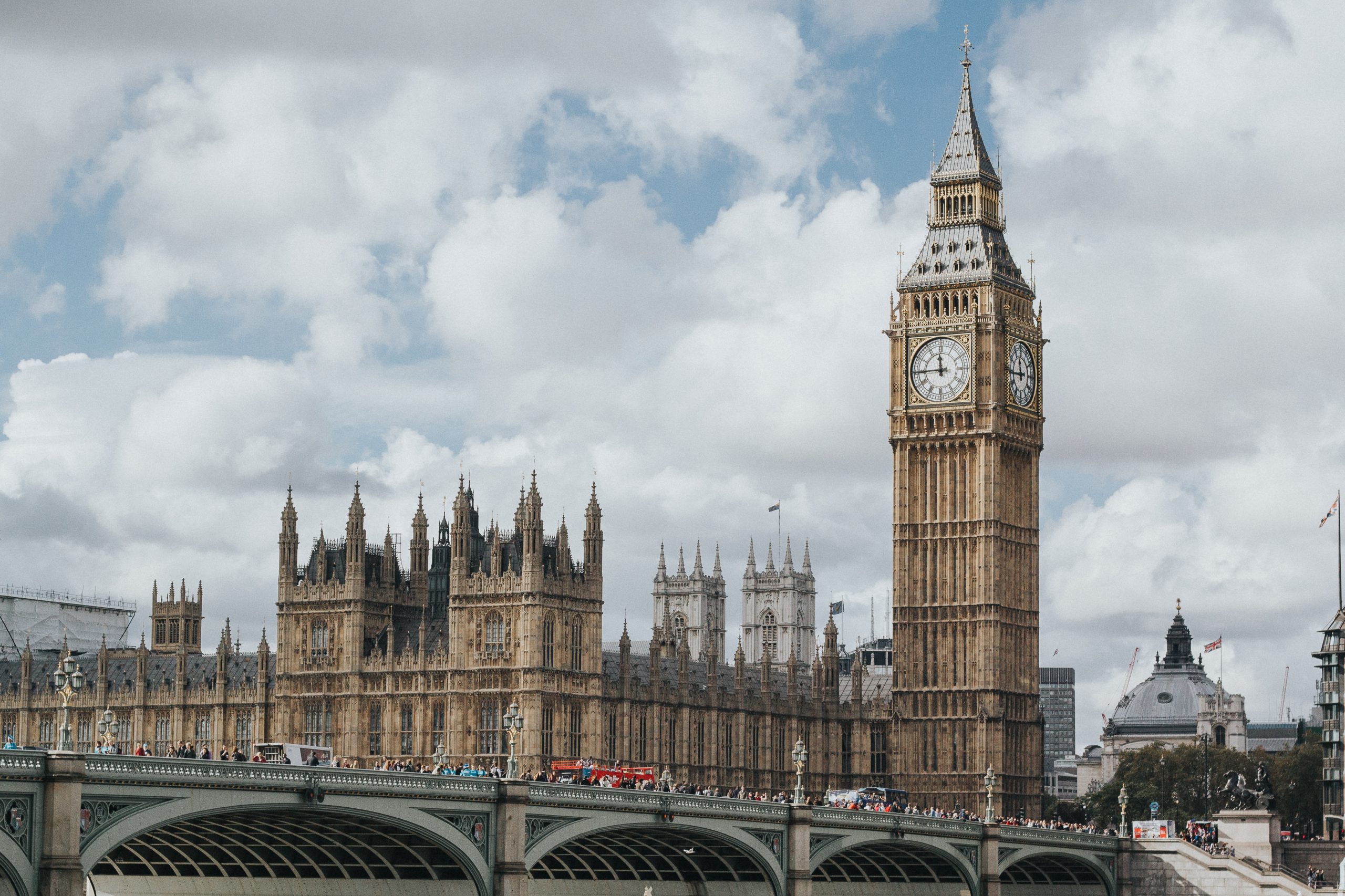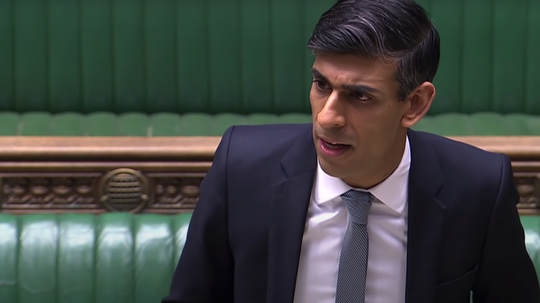The Government stopped remote working in Parliament in July, leaving some representatives locked out. Now, a cross-section of MPs are calling on the Leader of the House of Commons to reinstate it.
During the pandemic, ‘virtual measures’ for a ‘hybrid Parliament’ were introduced to facilitate governance without adding to the risks of Covid-19 transmission. These measures included members of parliament being able to participate in oral and urgent questions to ministers and ministerial statements virtually.
Whilst the measures were agreed to be temporary, removing them without reviewing the impact on marginalised groups could be considered a breach of Article 14 of the Human Rights Act, which protects against discrimination.
There is no reason why hybrid arrangements should be withdrawn for those who need them, including those who are clinically vulnerable or with childcare commitments
On 21 July, ‘hybrid measures’ – which allowed elected members to participate in parliamentary business online or in-person – came to an end. To encourage the government to evaluate what lessons have been learned from the introduction of virtual and hybrid measures, 33 MPs have written a letter to Jacob Rees-Mogg, the Leader of the House of Commons.
Signatories include the SNP’s Dr Lisa Cameron, chair of the All-Party Parliamentary Group (APPG) on Disability, Conservative Maria Miller and Labour’s Dawn Butler. The letter is supported by Centenary Action Group, a cross-party coalition led by Helen Pankhurst which campaigns to remove barriers to women’s representation.

Credit: Jordhan Madec / Unsplash
“The UK Government has been promoting its ‘Levelling Up’ agenda, but parliament also needs to level up and ensure politics is accessible to all, including those with disabilities and other protected characteristics,” said Dr Cameron. “The last 16 months have proven the impossible is possible, with digital and flexible procedures implemented across the Parliamentary Estate – there is no reason why hybrid arrangements should be withdrawn for those who need them, including those who are clinically vulnerable or with childcare commitments.”
Campaigners and MPs alike argue that introducing these hybrid measures highlighted the lack of accessibility, diversity and inclusivity at Westminster. In their letter, they warn against returning to old methods of working because they have been shown to deter women and disabled people from entering politics.
Only 34% of MPs are women, and women make up less than a quarter of cabinet ministers, so incentives to attract women to parliamentary roles matter. Out of 650 MPs, only five are disabled.
A YouGov poll commissioned by Centenary Action Group earlier this year showed that nearly 60% of British adults and over 70% of young people aged 18-24 felt that disabled people were underrepresented in British politics. In the same poll, two thirds of the electorate supported continuing virtual measures.

Credit: Marcin Nowak / Unsplash
“We are not advocating that virtual proceedings should take the place of in-person parliamentary business,” said Dr Sarabajaya Kumar, a researcher, member of the Centenary Action Group’s steering group and former candidate for the Greater London Assembly. “However, this country desperately needs more diverse representatives, including more disabled MPs and those with caring responsibilities, who make up a substantial proportion of the population. It’s a step back if the measures that have made politics more accessible are now abolished”.
With the government advocating for businesses to increase flexible work options, it is surprising to see them refuse to consider a similar approach for MPs. One recent report showed that one in five workers want to work from home after the pandemic has passed.
Updated working arrangements in parliament would open the doors for more candidates from underrepresented demographics, such as those from ethnic minority groups, women and disabled people, to stand for election and retain the position without facing barriers to access as a result of mobility issues, pregnancy or caring responsibilities.
Cameron added: “The continuation of hybrid procedures would allow for diverse cohorts of Parliamentarians in future terms and this should be welcomed.”






